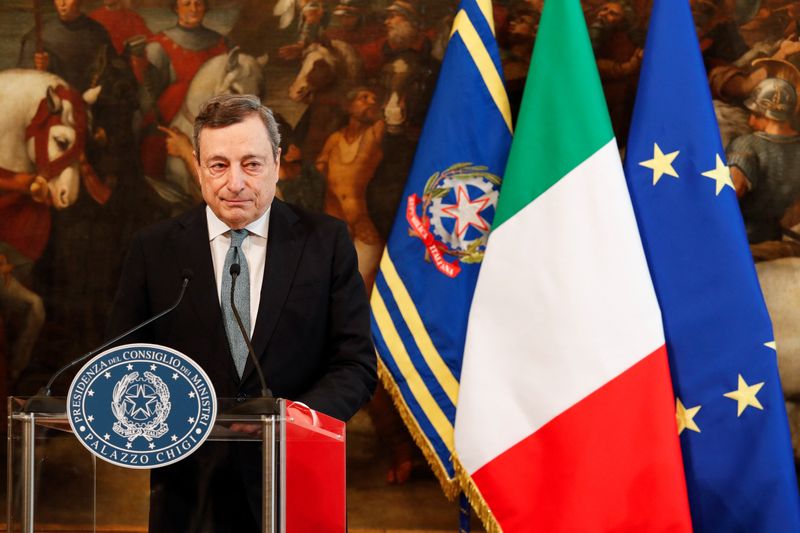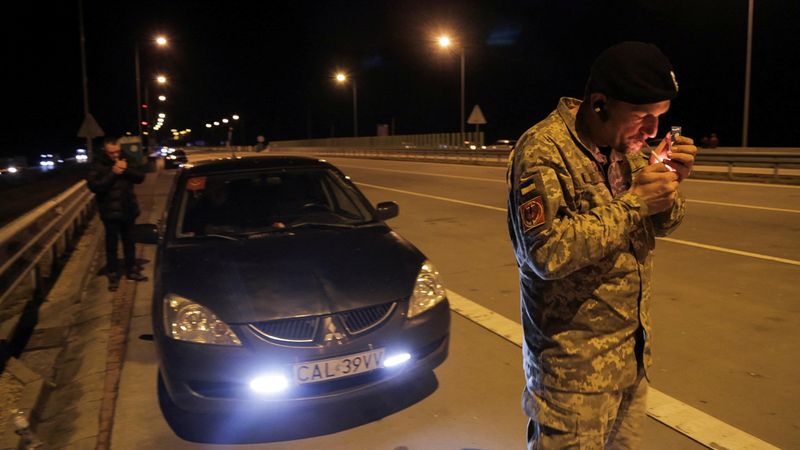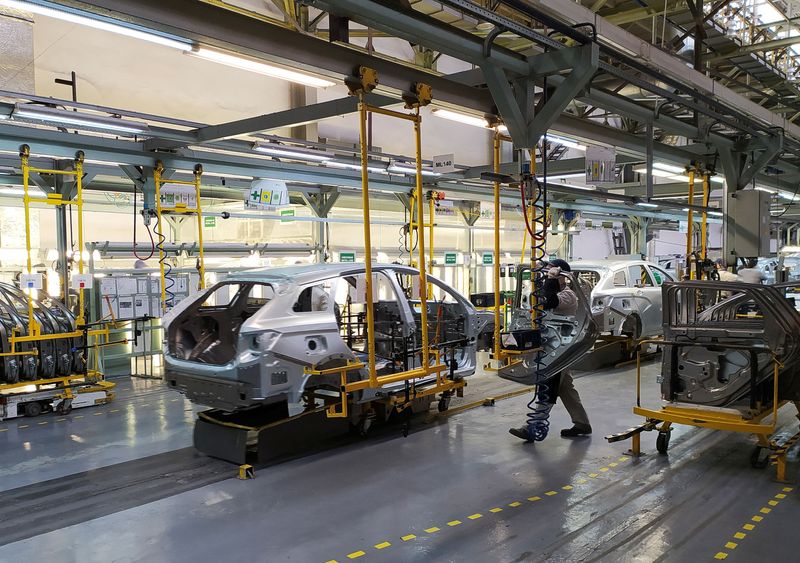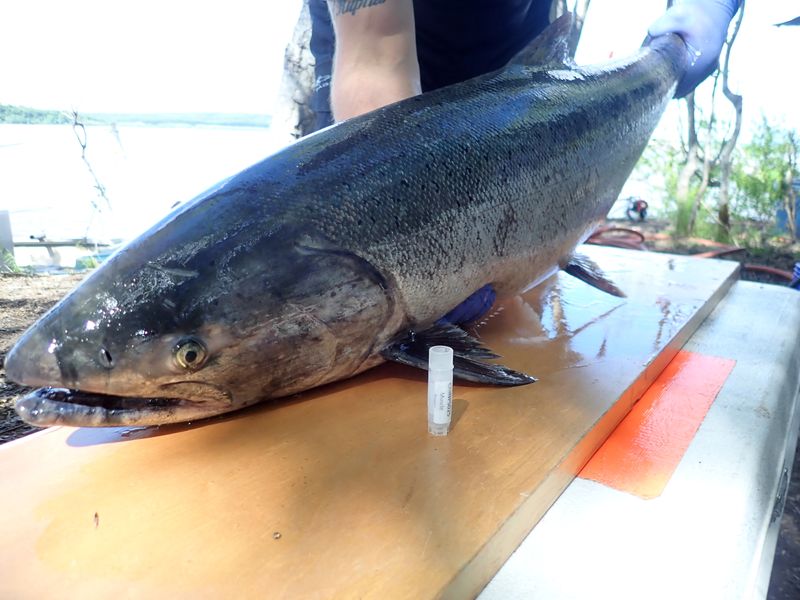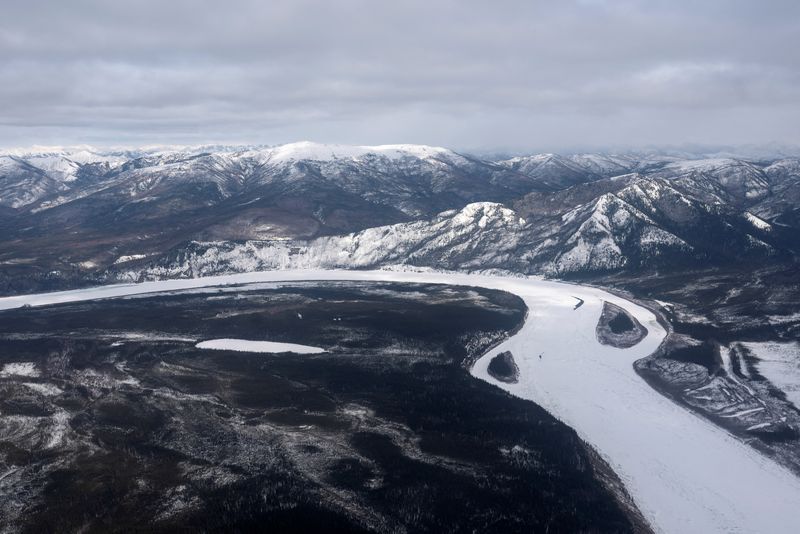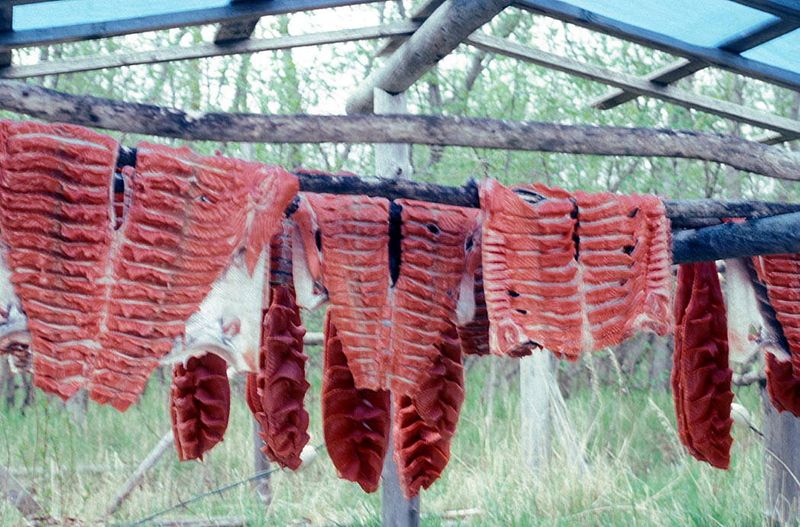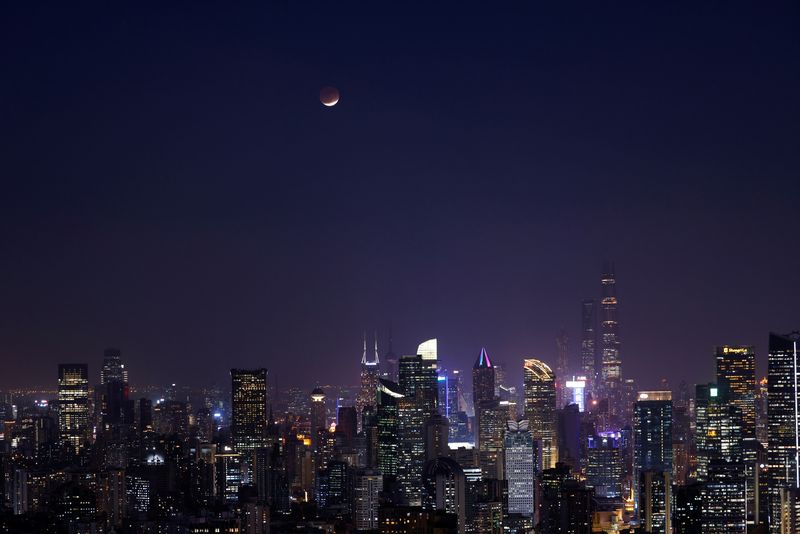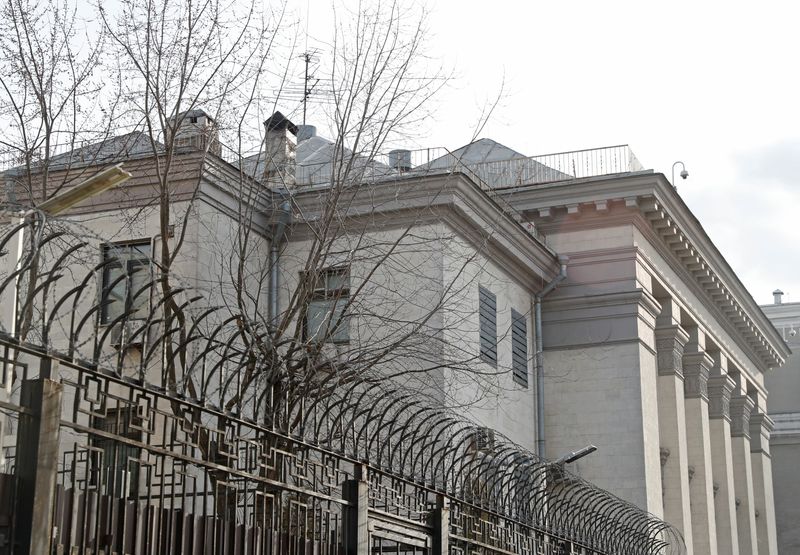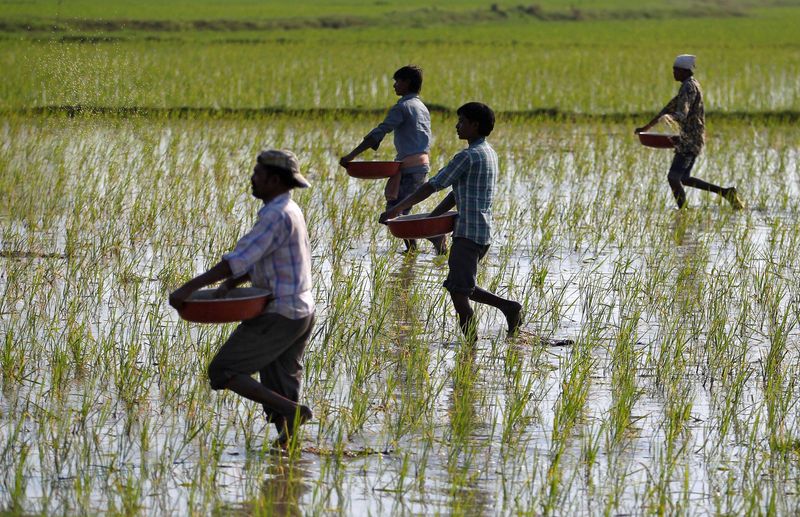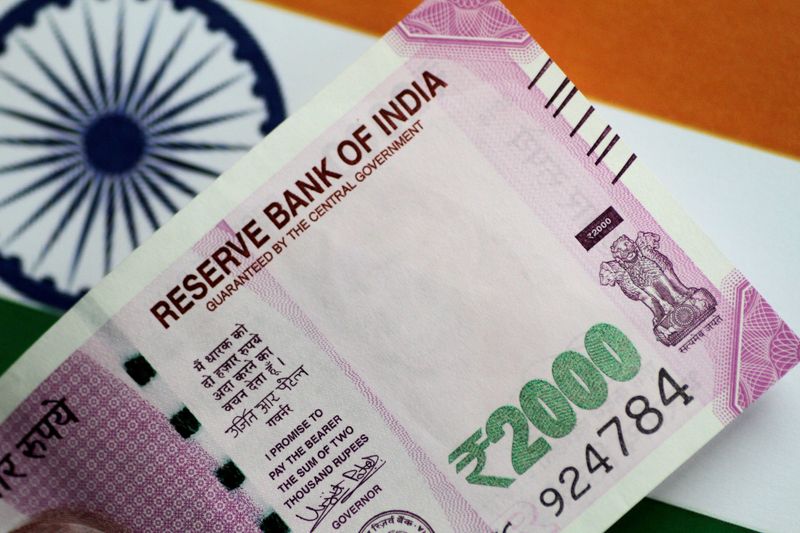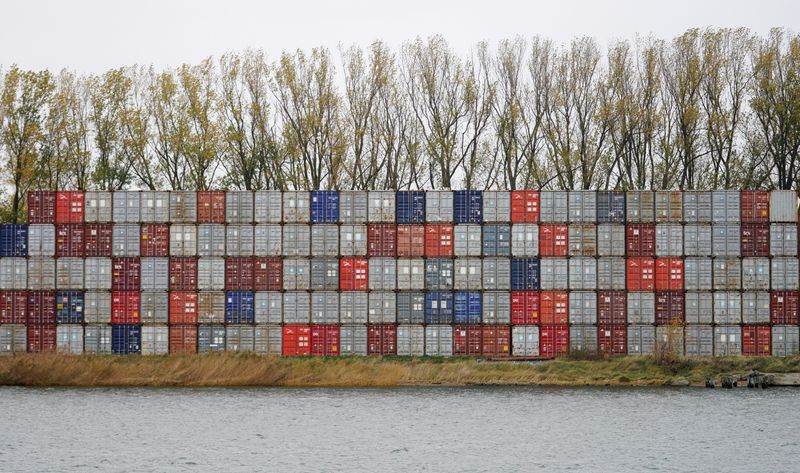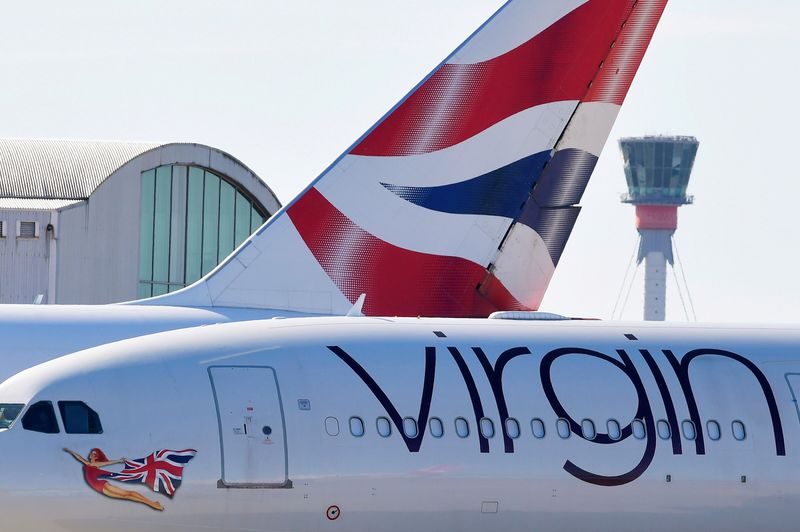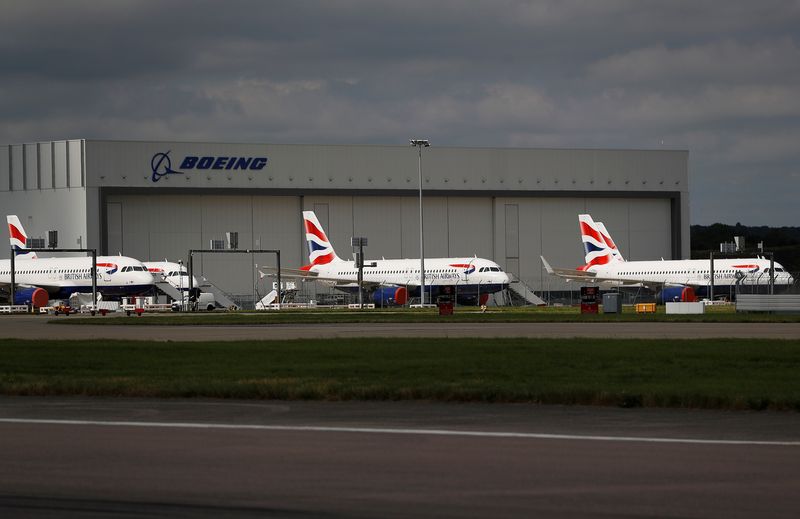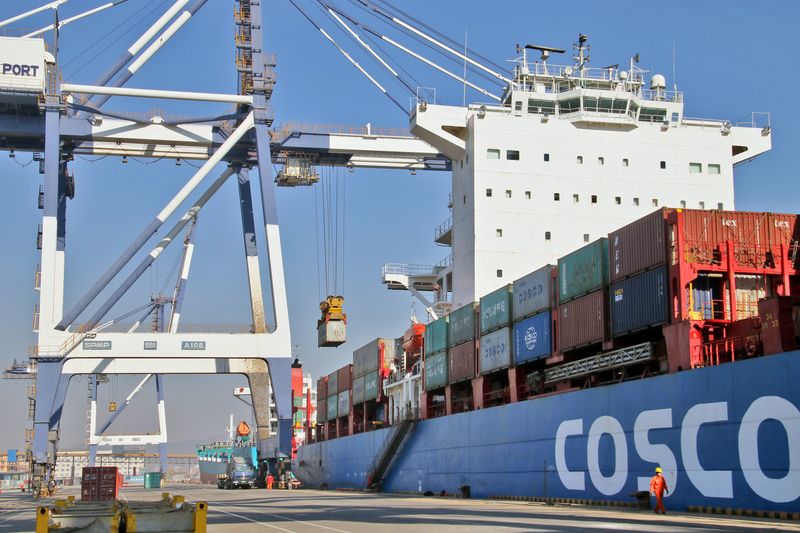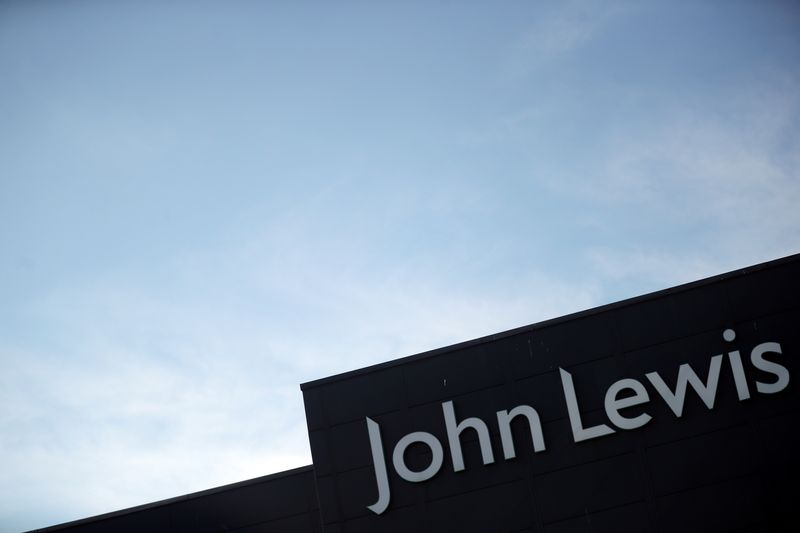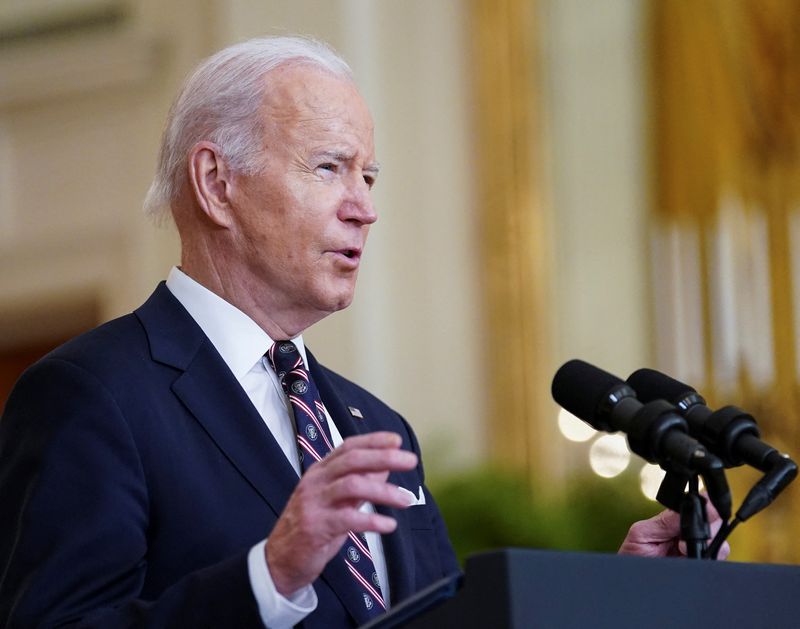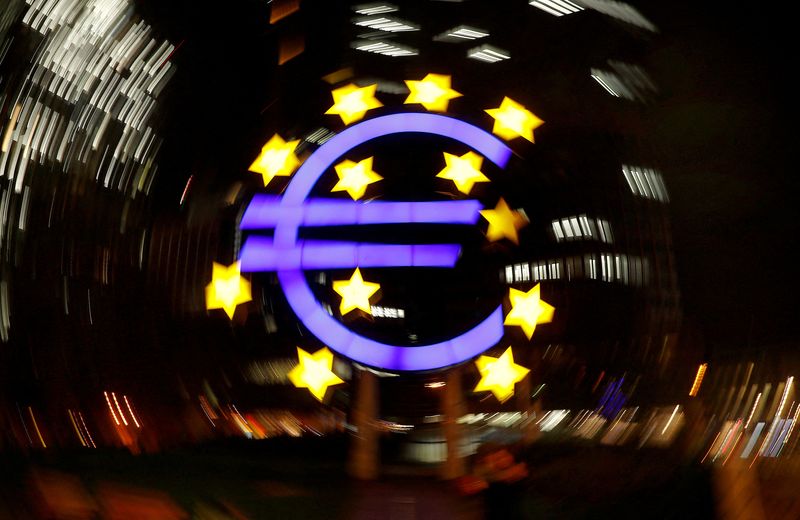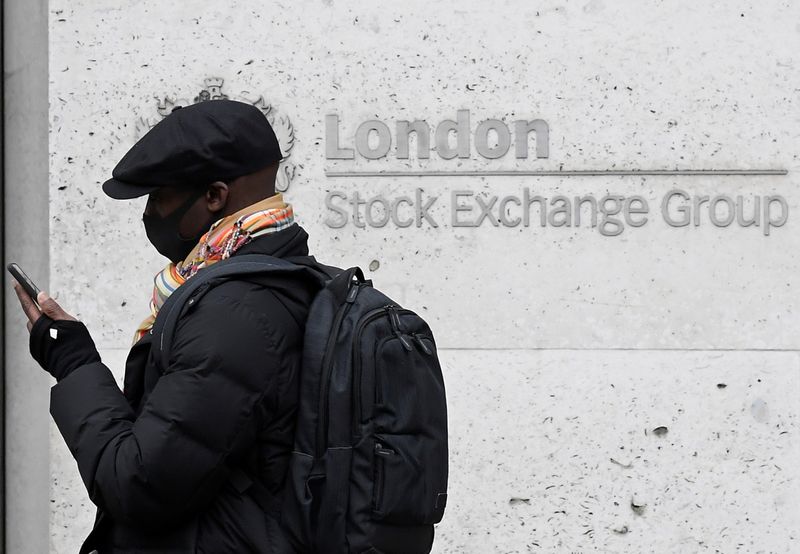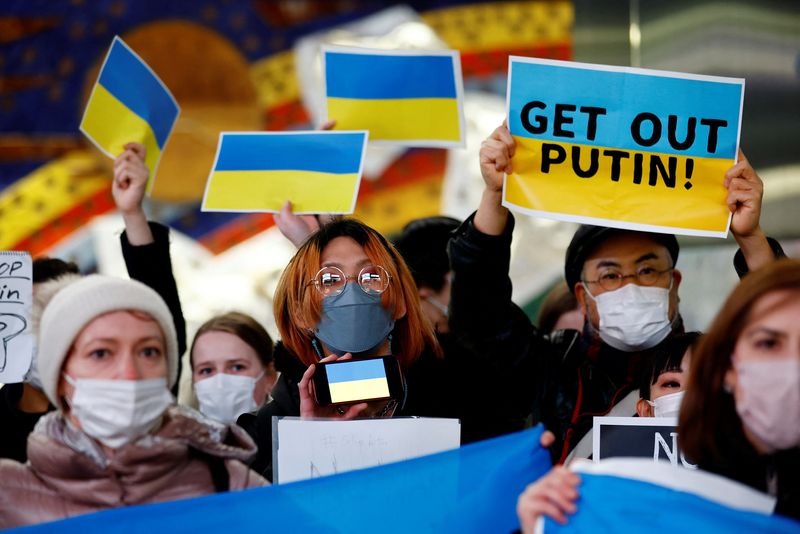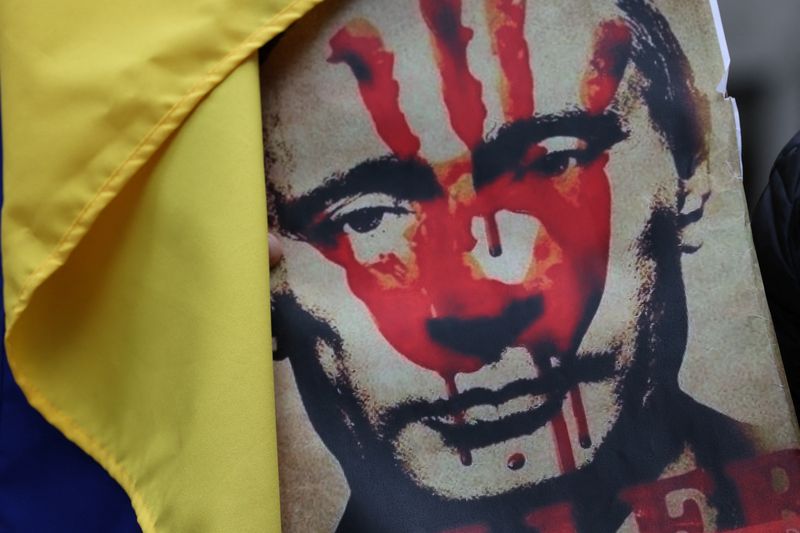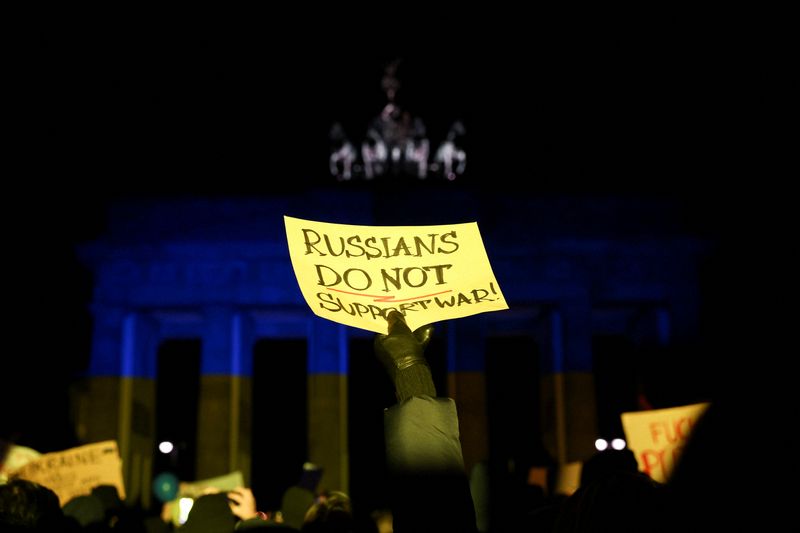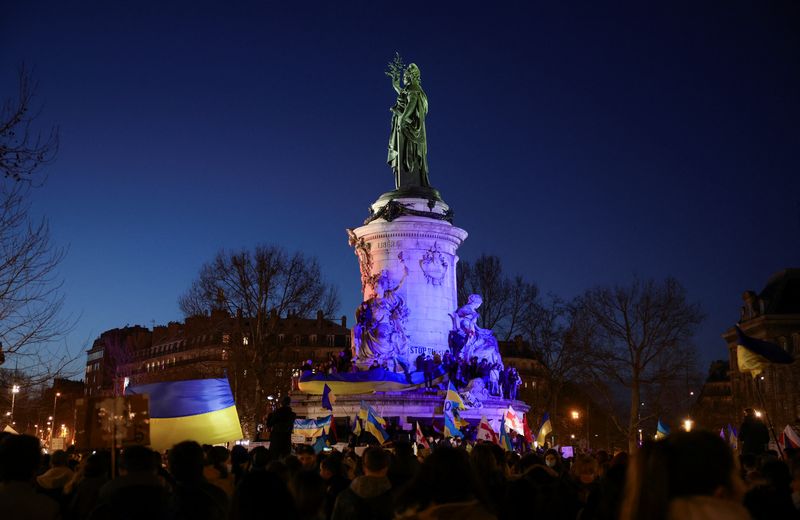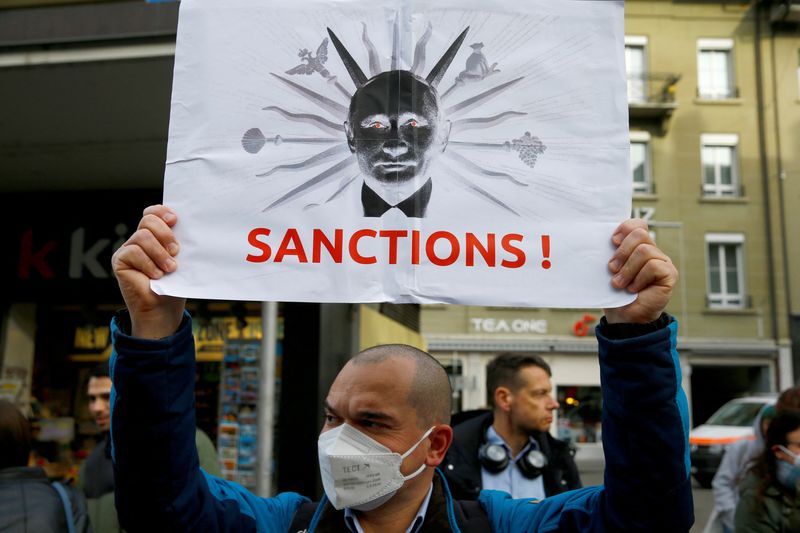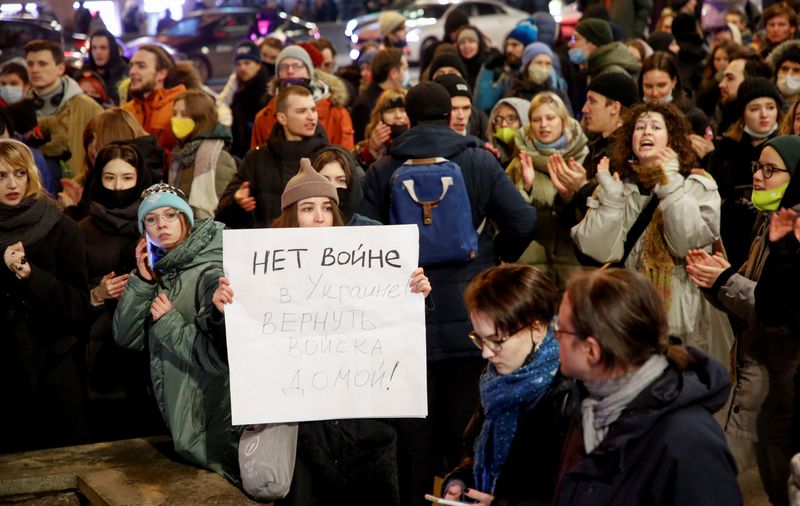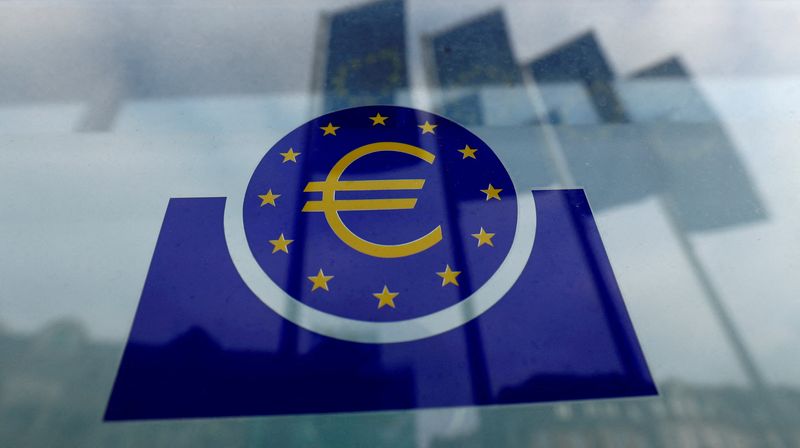ROME – Italy must reduce its reliance on gas imports from Russia and is ready to take further measures to protect consumers from rising energy prices after the invasion of Ukraine, Prime Minister Mario Draghi said on Friday.
“The events of these days show it was imprudent not to have diversified more our sources of energy and our suppliers in recent decades,” Draghi told parliament, noting that Russia now supplied 45% of Italian gas imports, while Italian domestic production had dwindled.
Italy planned to increase imports of liquefied natural gas from the United States, Draghi said, thanking U.S. President Joe Biden for his help in facilitating this.
Italy would also look to increase the amount of gas it imported from Azerbaijan, Algeria, Tunisia and Libya.
Italian energy company Eni said last week that it still has natural gas reserves in Italy and is prepared to increase its production if needed.
Draghi said that gas storage facilities needed to be improved and called for the European Union to develop common storage mechanisms.
He warned it might be necessary to reopen coal-fired power stations to meet short-term supply crunches and held out the prospect of further steps to mitigate the impact of rising energy bills on households and businesses.
The government last week approved measures worth around 6 billion euros ($6.8 billion) to help consumers and firms hit by higher energy bills, as part of an 8 billion euro package to support the economy.
(Writing by Keith Weir; Editing by Crispian Balmer)
